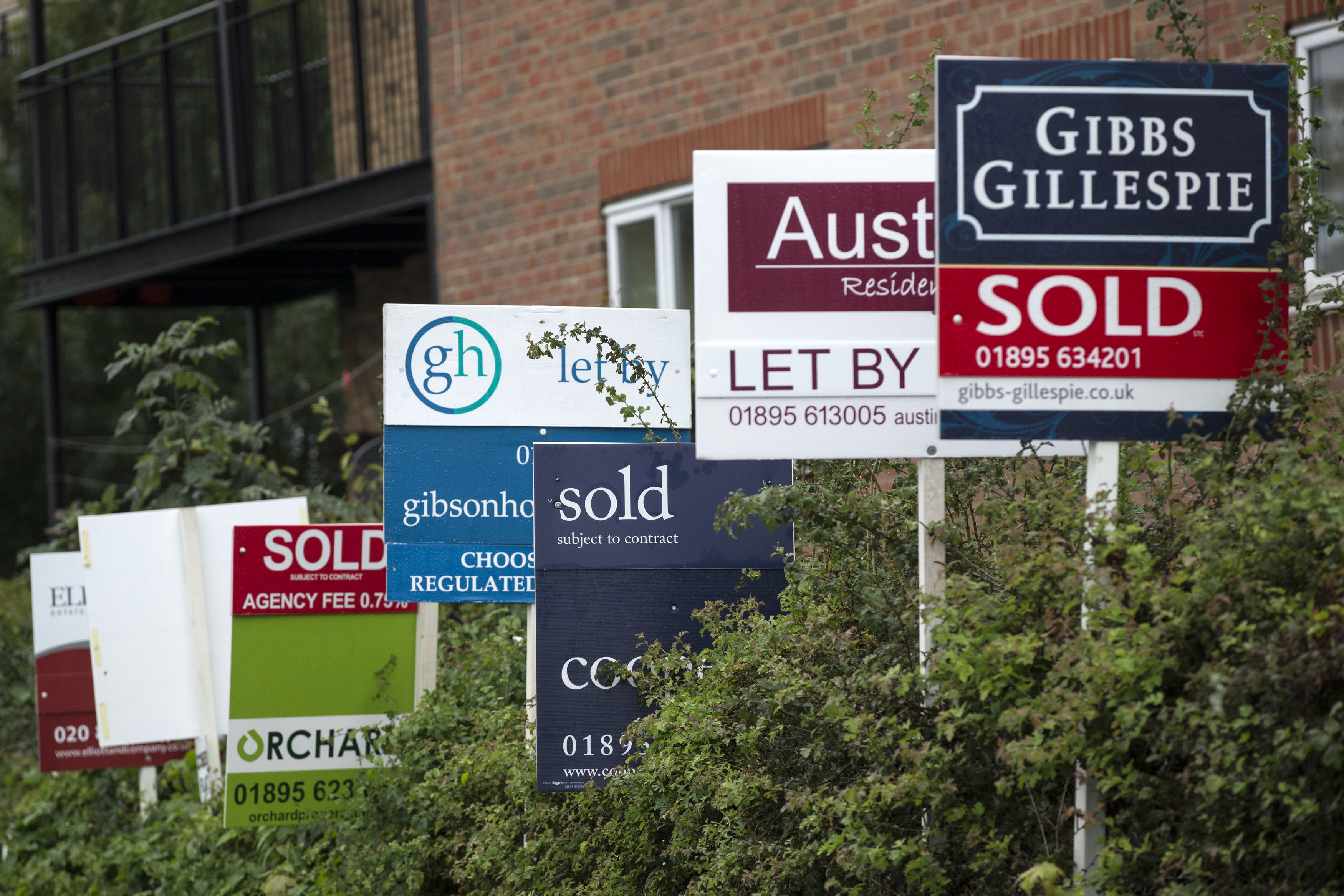First-time buyer lending was up 25 per cent in June compared to a year ago, the Council of Mortgage Lenders said this morning.
According to the industry trade body, first-time buyers borrowed £5.5 billion, up 28 per cent on May. This equated to 34,300 loans.
Overall, homeowners borrowed £12.3 billion for house purchases in June, up 29 per cent month-on-month and 12 per cent year-on-year. They took out 68,200 loans.
Paul Smee, director general of the CML, said: ‘These figures reveal growth in house purchase activity and in particular for first-time buyers. As ever, there is uncertainty and it will take more time and patience to understand how the market will evolve in the current environment – these figures predominantly cover activity in the run-up to the referendum. We still believe that the mortgage market is well capitalised, resilient and open for business, and will remain so for the foreseeable future.’
Brexit
The cost to the UK of leaving the European Union without negotiating a replacement trade deal has been highlighted in a new report.
The Institute for Fiscal Studies said that if the UK failed to negotiate any new trade arrangements, the cost could be the equivalent of 4 per cent of economic output. ‘While leaving the EU will free the UK from having to make a budgetary contribution, loss of trade could depress tax receipts by a larger amount,’ the IFS report said.
Meanwhile, ten-year bond yields are currently at a record low after the Bank of England’s bond-buying failure yesterday. It fell £52 million short of its target to buy more than £1 billion of long-dated government debt.
The yield on 10-year gilts has dropped to around 0.55 per cent down from around 0.56 per cent last night. Yields move down when prices go up so this means UK government bonds are the most expensive they’ve ever been.
Savers
First Direct and M&S Bank stand accused of exploiting savers by announcing huge cuts to their interest rates, the Daily Mail claims.
Official interest rates fell by 0.25 percentage points last Thursday, but First Direct and M&S, both of which are owned by HSBC, are cutting rates by margins of up to 0.4 points. This will cost savers up to £40 in annual interest on £10,000, instead of £25 if cuts had matched the Bank of England’s rate.
Motor insurance
Millions of people living in areas with a high density of minority ethnic households are paying an ‘ethnic penalty’ of up to £450 a year each in higher car insurance premiums, according to a report co-written by the former equality commissioner Trevor Phillips.
The Guardian reports that the study said there was a strong statistical link between the proportion of minority ethnic households in an area and the cost of car insurance, and added that the phenomenon existed in well-off and poorer areas. It concluded that the way insurers calculated their premiums ‘has definitely produced an inequality of outcome to the detriment of BME [black and minority ethnic] groups’.
The report prompted an angry reaction from the insurance industry, with the main trade body, the Association of British Insurers, saying it ‘makes serious accusations using a flawed analysis’ and was compiled ‘by people with no understanding of how car insurers price their policies’.
Graduates
More than one in three of Britain’s millennials (those born between 1980 and 2000) who went to university regret doing so because of the amount of debt they now have, according to a survey from Aviva.
Nearly half of those surveyed believe they could have got to where they are now without university.
However, Nick Hillman, director at the Higher Education Policy Institute, says that on average if you’ve been to university, you’re less likely to be unemployed and more likely to live longer.
Housing
The Brexit vote helped knock more than £30,000 off the price of an average property in London during July and has sent prices lower nationally, according to estate agent Haart.
The month-on-month decline is one of the biggest recorded by Haart, part of a group that includes the Spicer McColl, Felicity J Lord and Darlows brands.
In London, the average property price fell from £558,760 to £527,349, the equivalent of about a £1,000 drop every day last month. Nationally, prices went down by 0.9 per cent, Haart said, leaving the average UK house price at £233,254.
Spending
A late summer heatwave could deliver a £290 million boost for food retailers as Brits rush out to stock up on barbecues, burgers and cold beers, according to The Telegraph.
Many high street retailers have complained of a wet June and mixed July dampening sales, but food retailers are holding out hopes that the mercury will start to rise again in August.
When average temperatures rise above 21 degrees, food sales also lift by 10 per cent, according to an analysis by the Co-op.







Comments